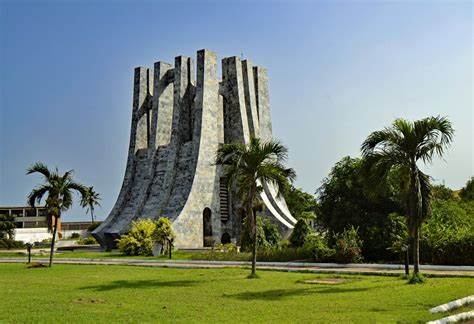A conceptual framework for the uptake of the green building concept in Ghana

Green building (GB) is receiving global acclaim as the most formidable answer to the adverse effects brought upon the climate and environment by buildings and construction activities. The developed countries accept this as the best option for the mitigation of the impacts on the environment and have developed codes, policies, and frameworks to encourage and enforce the implementation of green building concepts in their construction industries. In sharp contrast, current evidence suggests that the uptake of GB in developing countries of Sub-Saharan Africa (SSA) is at a snail's pace and characterised by the absence of GB codes and frameworks.
In response, this study through a critical literature review process, explores theoretical applications of the innovation diffusion theory and theory of planned behaviour to develop an understanding of the GB implementation process. The combination of the two theories with other frameworks yields a conceptual framework for the uptake of the green building concepts (GBC) in the Ghana construction industry to facilitate the understanding of a stakeholder’s decision to adopt GBC hence improving uptake. For an increased uptake of the concept in Ghana, likely impediments include a lack of awareness, government regulations, financial constraints, and cultural change resistance among others. The testable conceptual framework developed would provide the foundation for a comprehensive uptake framework of the green building concepts in the Ghana construction industry.
Abstract based directly on source.


Comments